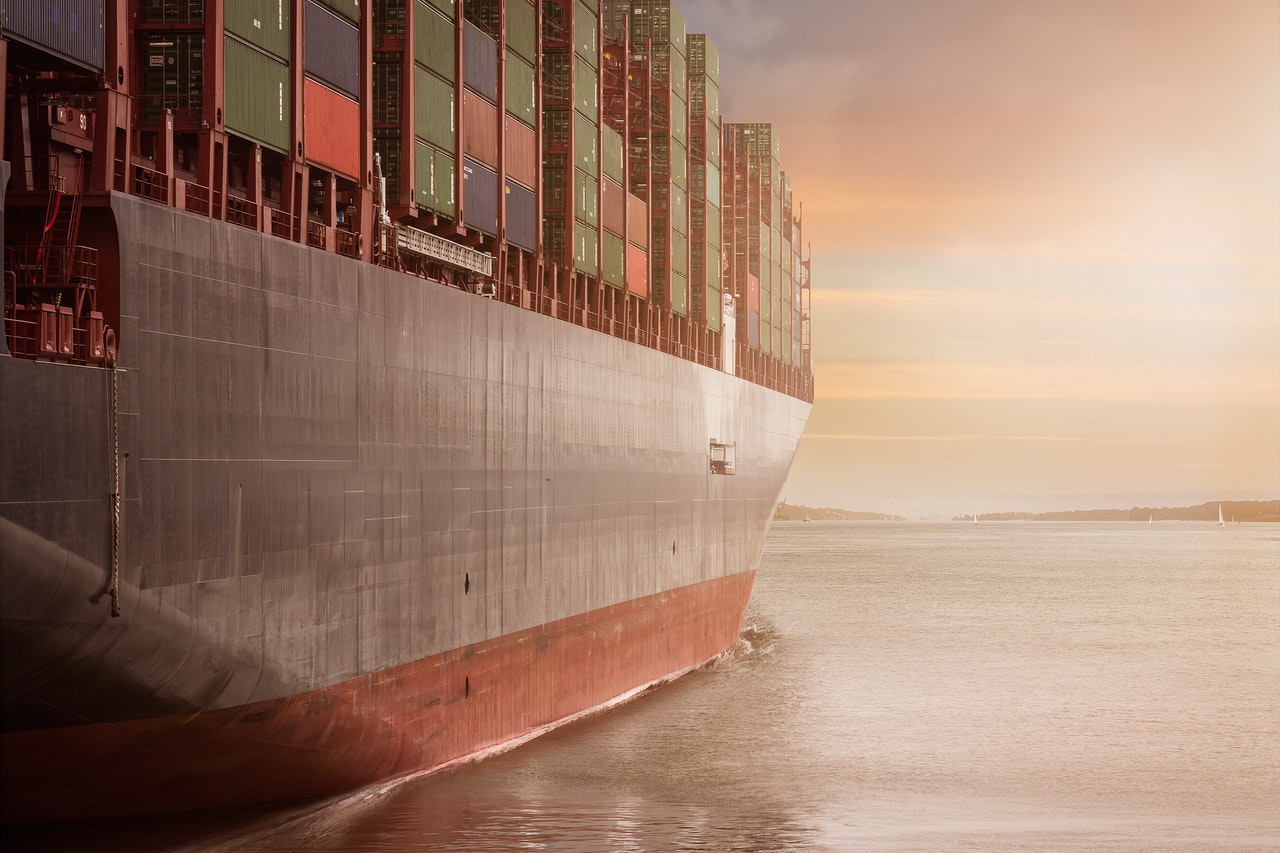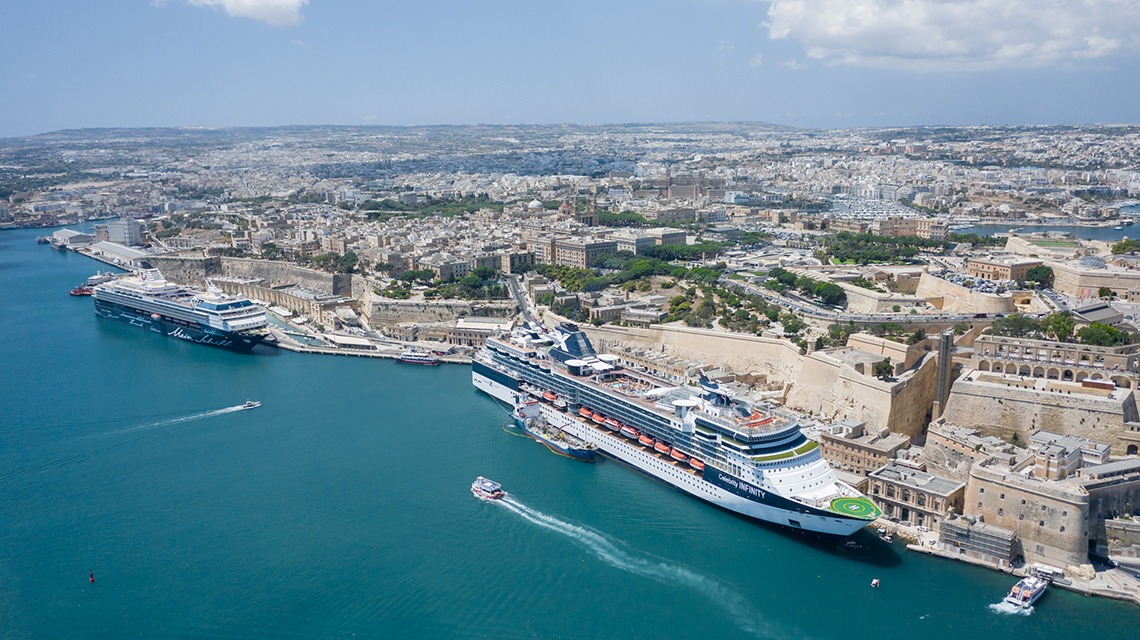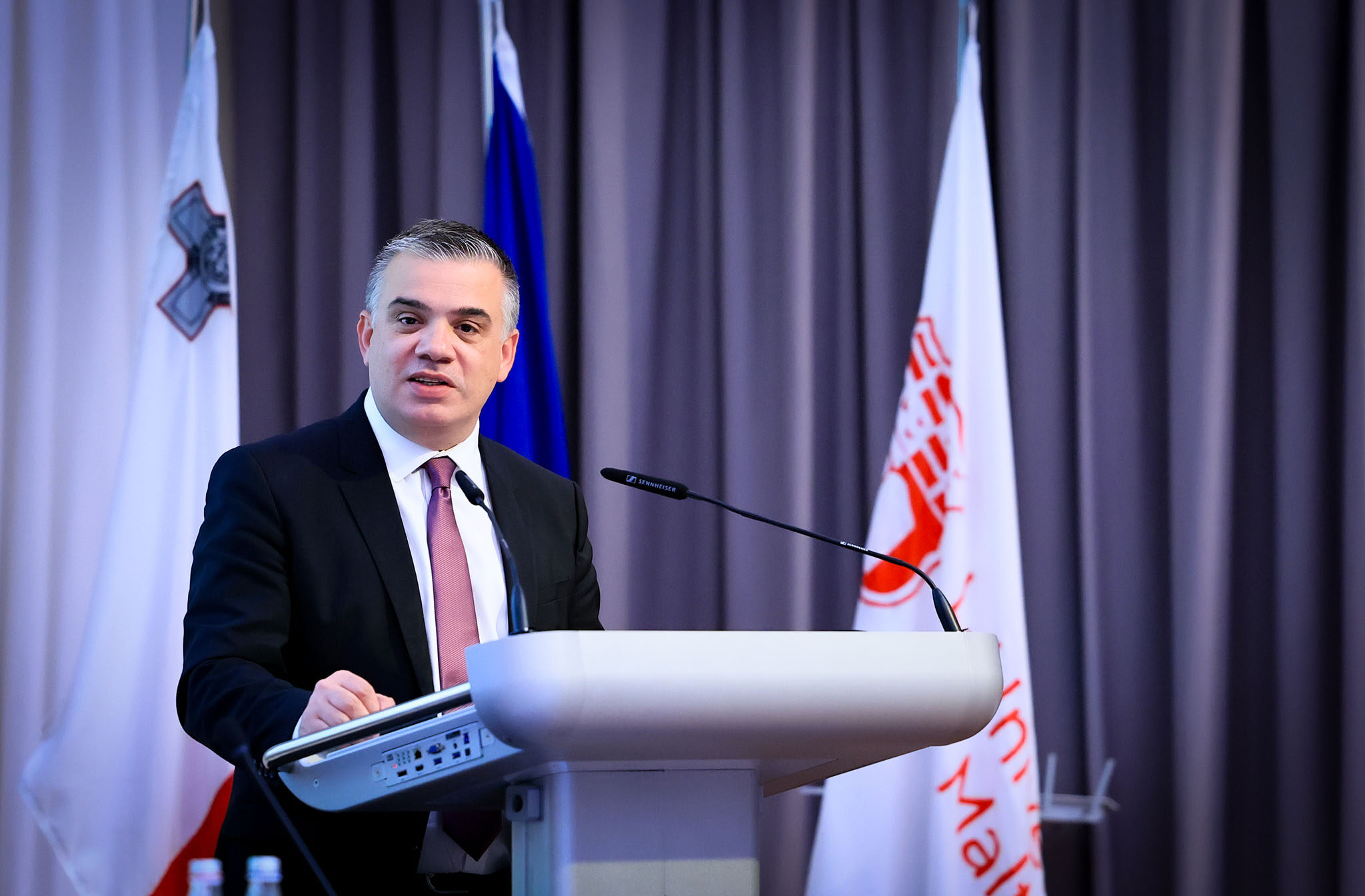Malta’s strategic location makes it an attractive hub of trade in oil products, but the lack of infrastructure able to service the largest tankers means it is missing out on a “big opportunity”, according to Enemed CEO Kevin Chircop.
Despite having no natural resources of its own, fuel is one of Malta’s top exports thanks to the activities of a few key players, including Enemed, the state-owned company that is best-known for supplying all petrol in the local market.
The company, known as Enemalta’s Petroleum Division prior to its formation as a standalone company in 2014, also imports, stores and distributes aviation fuel and diesel. The latter is one of the fuels preferred by ships, being more efficient and powerful than many of the alternatives, and is an important part of the international bunkering business.
Bunkering is the supplying of fuel for ships, a term originating in the days of the steamship, when coal was stored in bunkers.
BusinessNow.mt sat down with Mr Chircop to better understand the sector and Enemed’s role within it.
He begins by explaining that Enemed’s role in the bunkering business is limited to storage, with its tanks used for a variety of oil products.

“Our clients are people using the facilities as storage – traders or companies who want to store diesel, yes, but also oil, such as those with their own refineries.”
Malta’s location in the centre of the Mediterranean is one of its main attractions as a fuel storage location.
“It makes sense for international players to store fuel in Malta. Logistically, we are in an ideal place on the route between four continents. In terms of bunkering, ships going from the Middle East to the Americas pass right by us, as do those going between Europe and Africa.”
Ships are drawn to this strategic location as a place to refuel before continuing on their way, making huge savings by avoiding diversions.
Other main hubs include Barcelona and Genoa, for example, but both these Mediterranean harbours require ships to leave their main route.
“Ships can stop in Malta without going out of their way, and that’s a very big draw. A ship in the water costs a lot of money – rerouting to Genoa, for example, is a significant cost.”
Currently, Malta’s bunkering industry is focused on medium-sized ships, as it lacks the facilities to service the largest vessels, typically those crossing from one continent to another with massive loads.
“That is something we unfortunately haven’t tapped yet,” says Mr Chircop, who admits that part of the problem is simply geographic.
“Our geography is like that of a flat surface that drops off suddenly. So you have relatively shallow waters around the coast that make it difficult for large ships to make use of the current facilities. But then you go just a bit further out from the shore, and the land falls off steeply, with the depth making it almost impossible to build infrastructure of any kind.”
Such infrastructure would include tanks, a jetty and a breakwater, which would be exceedingly expensive to construct at a depth like that seen just off the Maltese coast, except at one place, just off the Malta Freeport in Birzebbuga.
“There is a piece of land under the sea that effectively extends the Freeport outwards,” he says, “which is ideally suited for such a project as it allows for the construction of a breakwater through land reclamation while still being deep enough for the largest of ships.”
Any such project is likely to meet strong resistance from environmental activists and Birzebbuga residents, who frequently complain about the noise and light emitted by the Freeport and who are unlikely to view the introduction of more heavy industry positively.
Although the governing Labour Party has previously criticised the Freeport’s extension in 2010 and excluded its further expansion on ODZ land in 2016, it has consistently brought up land reclamation as a way of gaining precious developable space.
Enemed would likely welcome any such move, allowing it to, as Mr Chircop puts it, “tap into a big opportunity”.
Cruise arrivals in Malta rise 10.5% in Q1 2025, with US and UK markets gaining ground
Between January and March, a total of 84,597 cruise passengers visited Malta
Malta’s maritime sector ‘cannot rely solely on its natural harbours,’ says Transport Minister
'The future of the maritime sector depends on the decisions we make today'
Malta’s Government debt climbs to €10.6 billion in 2024, now 47.4% of GDP
Financial corporations remained the largest holders of Maltese Government debt






